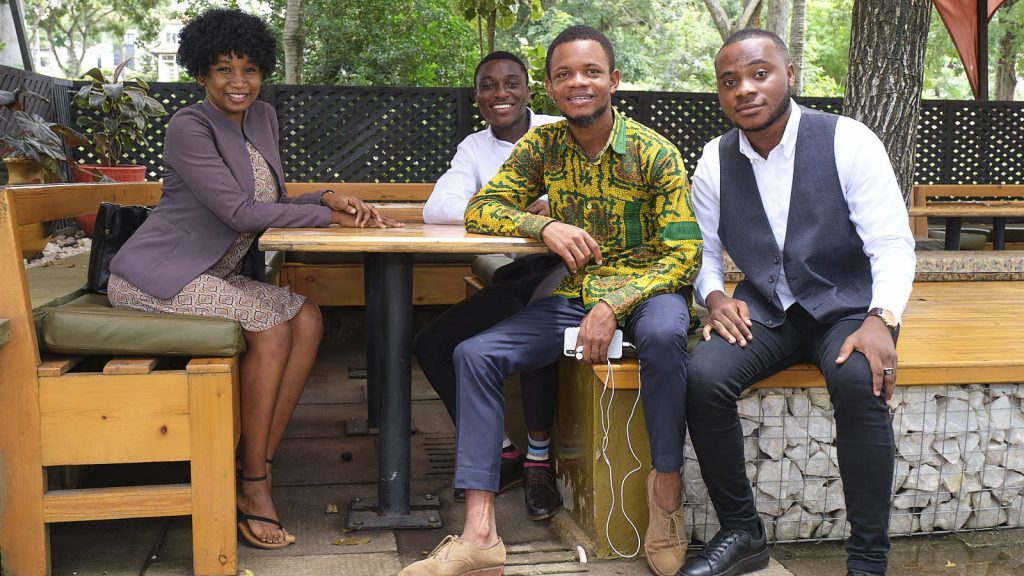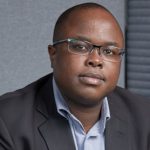We all have them. Those apps we open without thinking. Not because we need anything in particular, but because they feel… safe, in some…
Here’s what goes on behind Anzisha’s Prize winner selection process

Ever wondered how the winners of the Anzisha Prize are selected?
The prize, an initiative of the African Leadership Academy and the Mastercard Foundation, aims to increase the number of job-generating entrepreneurs in Africa who are between the ages of 15 and 22 years old.
To date the two organisations have invested over $500 000 in cash prizes in the winners of the competition.
Over the past five years, Anzisha says the initiative has selected, developed and helped 82 African young entrepreneurs who have gone on to create 673 jobs.
In addition, the Anzisha Fellows have gone on to raise over $1.6-million in investments.
To date, Anzisha has selected and developed 83 African young entrepreneurs
This year the Anzisha Prize has shortlisted 60 young entrepreneurs from across the continent who have been selected as semi-finalists of the competition.
The selection process saw the Anzisha team embark on Anzisha due diligence trips across the continent — which kicked off on 15 July and was concluded on 15 August — during which time the team travelled to meet the 60 shortlisted entrepreneurs.
The trips have taken the Anzisha team to 23 countries which include Egypt, Benin, Gambia, Ghana, Namibia, Nigeria, Sierra Leone, Uganda and Zimbabwe.
In all, including the due-diligence process, it takes Anzisha between nine and 10 months to review applications, select, interview and come up with the final list of the top 20 finalists from which the top three winners are selected.
Selection criteria
For a young entrepreneur to be shortlisted in the top 60, they must be running an established venture, which they founded, that is delivering value to its customers or beneficiaries.
In addition, the enterprise must not only have the ability to scale up, but should also have created some jobs or have the potential to create more high-quality jobs.
To be selected as an Anzisha winner, young entrepreneurs must be:
- Visionary: Have an ambitious but actionable plan for expanding the venture
- A story-teller: Possess the ability to tell the story of their venture effectively
- A Leader: Demonstrate leadership potential
- Inspirational: Have potential to inspire action from other young people
Anzisha fellows, the organisation says, must be venture leaders who drive both venture strategy and operations.
On top of this, to be selected as a fellow, entrepreneurs must be committed to spending at least 20 hours a week on their businesses.
Anzisha tries to ensure a fair gender and age mix, and aims for women to make up at least half of those selected, while at least one finalist must be under 18-years old.
At least two finalists must operate in the agriculture sector, with at most one finalist in the technology sector.
In addition, to ensure a regional mix, finalists must be selected from three new countries with at least one finalist from a North African country.
Due diligence process
Thereafter, between August and September, successful ventures and their founders are selected to take part in an entrepreneurial bootcamp ahead of the main gala event where the Anzisha Prize winners and new cohort of fellows will be announced.
This year The Anzisha Prize Forum (previously known as the Anzisha Gala) will take place on 22 October in Johannesburg.
To register your interest in attending the all-day event visit the Anzisha website for more details.
This story appeared originally on the Anzisha Prize’s blog on 4 September. See it here.
Featured image, from left to right: Anzisha team members in Ghana on their Anzisha Prize Tour with Anzisha top 60 semi-finalist Emmanuel Owusu (Supplied)
The Anzisha Prize seeks to fundamentally and significantly increase the number of job generative entrepreneurs in Africa, and is a partnership between African Leadership Academy and Mastercard Foundation. Through Ventureburn, they hope to share inspirational and relatable stories of very young (15 to 22 year old) African entrepreneurs and the people that support them. [learn more]


